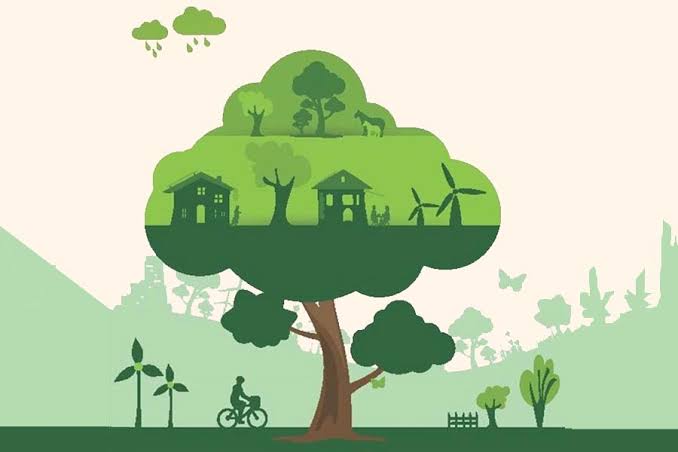
Published :
Updated :

The 8th Frugal Innovation Forum (FIF) 2025 on July 25-26 at BRAC CDM in Savar brought together over 200 experts to talk about affordable solutions for climate issues in farming and food security. Over the past few years, FIF has created a platform to facilitate critical conversations on youth, education, and digital financial inclusion, among other topics.
This year, FIF 2025 explored the theme of climate adaptation in agriculture, food security and livelihoods. My experience there deepened my understanding of climate change and its impact, highlighting the importance of my work.
Issues Raised by Experts: At the Frugal Innovation Forum 2025, a resounding message was delivered: climate change is not a distant threat; it is a present reality, and it is disproportionately impacting the most vulnerable communities. Each year, climate-related disasters inflict a staggering 2.3 trillion US dollars in damages globally. The Global South bears the brunt of these calamities, with many inhabitants surviving on less than 2.15 US dollars a day.
If global temperatures surge by 2.7 degrees Celsius by 2050, a harrowing scenario awaits us: approximately 2 billion people could be exposed to life-threatening heat. The financial aid extended to these nations often takes the form of loans, exacerbating their debt burden. Tragically, those most affected, such as farmers and fishermen, are usually excluded from shaping their own future. Without equitable support and genuine engagement, these already vulnerable groups risk being further marginalised.
Solutions Discussed at the Forum: Regenerative agriculture and nature-based solutions. I feel hopeful when experts at the conference spoke about working with nature instead of fighting against it. Regenerative farming—like restoring soil health and using natural ecosystems—shows us that we don’t have to conquer nature to survive. We can heal and live with it.
Climate information and digital advisory services. It is eye-opening to see how simple things like weather updates and digital advice can change lives. For farmers dealing with unpredictable weather, this information acts like a lifeline. Getting the correct information at the right time can save crops and livelihoods.
Financial support and climate risk insurance. Financial support and climate risk insurance, implementing safety measures, such as affordable insurance for livestock or small-scale farmers, is essential. This is not about giving away free aid, but about providing a safety net that helps families rebuild after disasters without falling into debt, which is a key distinction discussed at the forum.
Market linkages and post-harvest technologies. Discussions highlighted how tools like cold storage and good roads can help farmers sell their crops while they are fresh. When farmers can sell their harvests before they spoil, their efforts aren’t wasted, and they can support their families better.
Community in the driver’s seat. It is the strongest message. Many speakers stressed that local people—like farmers and fishermen—should lead efforts to adapt to climate change. It isn’t charity; it’s about trust. Community members know their problems best, and when they lead, the solutions become more effective and sustainable.
Collaboration for an enabling environment: The conference highlighted the importance of governments, NGOs, businesses, and local communities working together. Real change happens when everyone shares goals and takes action together, instead of working alone.
What impressed me most i not just the innovative ideas and new technology but the spirit of the solutions. They are based on real-life challenges and show deep respect for both the environment and the communities most affected by climate change. I work at BRAC Bank, where I help manage programmes related to education and climate change through our CSR (Corporate Social Responsibility) team, and this experience has reinforced my commitment to making our work truly meaningful. It became clear to me that real climate adaptation is not about quick fixes or flashy tools. It requires honesty, listening to those in needs, and working together to create lasting change from the ground up.
The author is a Progamme Manager, CSR, BRAC Bank.


 For all latest news, follow The Financial Express Google News channel.
For all latest news, follow The Financial Express Google News channel.